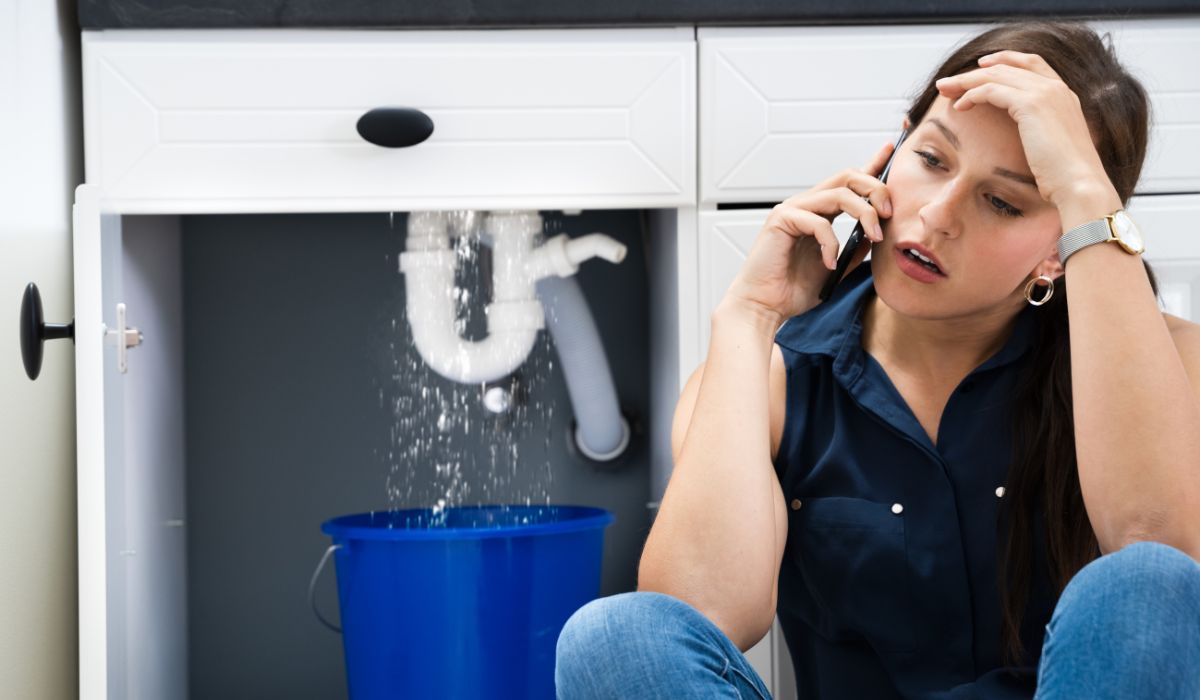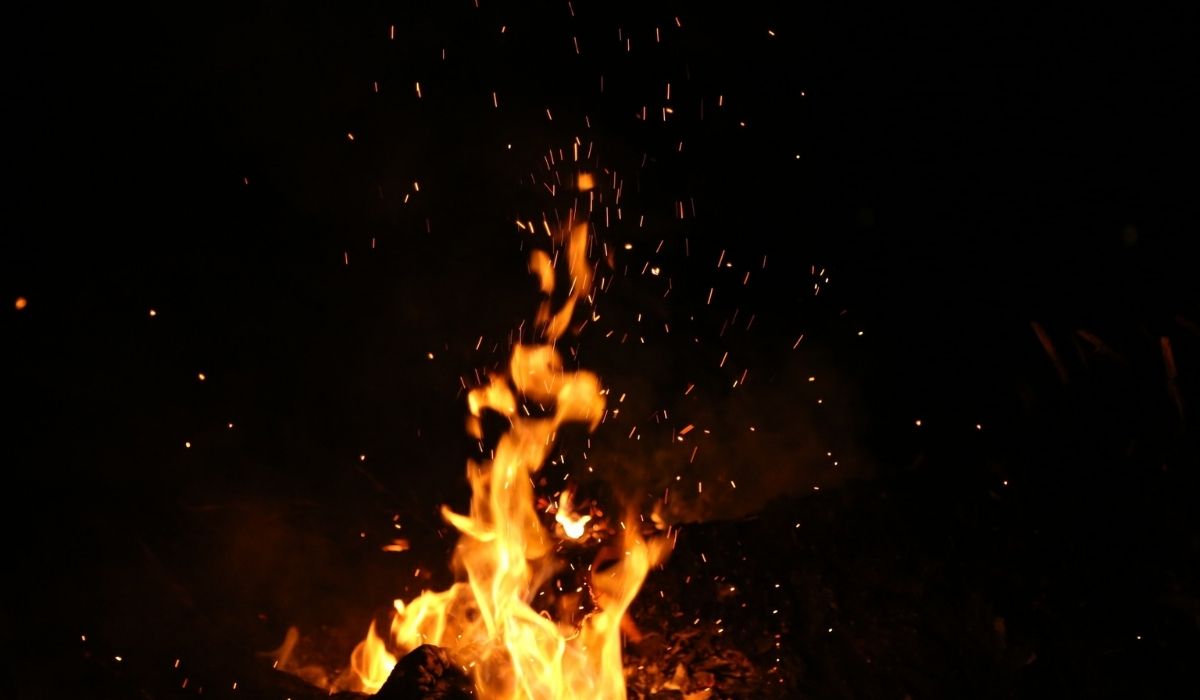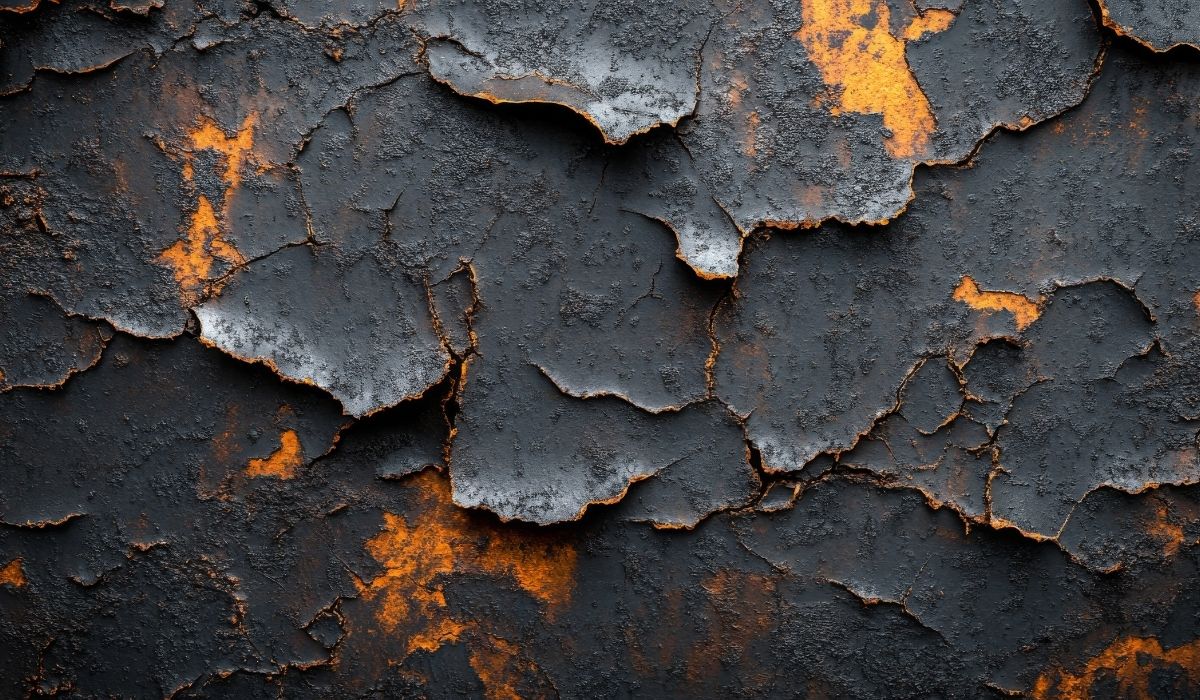Do I Need to Move Out During Water Damage?
Water damage can happen when you least expect it. A leak from a pipe, a flood from heavy rain, or even a broken washing machine can lead to big problems. The damage might affect your floor, drywall, carpet, ceiling, or wood flooring. If not fixed quickly, moisture can cause mold, bacteria, or even asbestos and lead paint hazards in older homes.
When water damage occurs, you may wonder: “Do I need to move out during water damage restoration?” The answer depends on the extent of damages, contamination, and safety risks.

Why Water Damage Restoration Is Important
Preventing Mold and Bacteria
When moisture and humidity remain in your home, they create the perfect environment for mold, bacteria, and mildew. This can affect your property, drywall, wood, carpet, and even insulation fibers.
Protecting Your Home’s Structure
Water can weaken your flooring, roofing, pipes, and plumbing systems. It may also damage your attic, basement, or kitchen cabinets. If not addressed, these issues could lead to construction and renovation costs that are much higher.
Avoiding Health Hazards
Standing water, sewage backup, greywater, and floodwater often carry toxicity, viruses, and bacteria. These can lead to health issues and create unsafe living conditions.
Times You May Need to Move Out
Severe Flooding or Sewage Damage
If your home has a flooded basement or sewage contamination, the air quality can be dangerous. The odor, bacteria, and contamination risk may make it unsafe to stay.
Fire and Water Damage Together
Sometimes, homes face fire damage restoration along with water damage fire cleanup from firefighters’ hoses. In this case, you may face smoke damage restoration, soot, and water extraction. Together, these hazards can make your home unlivable.
Structural Risks
If your roof is leaking, drywall is sagging, or your floor feels soft, it could mean structural damage. Ceiling collapse, weakened wood flooring, or unsafe tiles can make staying in the home a safety hazard.
Renovation and Noise
Even if the damage isn’t severe, the noise, dust, odors, and drying equipment (like dehumidifiers, sump pumps, air conditioning fans, and HEPA filters) can make living in the house stressful.

Factors to Consider Before Moving Out
1. Safety and Sanitation
Ask an expert restoration company to do a water damage inspection. They’ll use tools like a moisture meter, camera, and inspection equipment to check for hidden leaks, humidity, and contamination.
2. Insurance and Costs
Your home insurance policy may cover the cost of temporary housing, hotel stays, or rentals during water damage remediation. Always talk to your insurance provider or insurance company to confirm coverage.
3. Stress and Comfort
Living in a restoration zone can bring stress, odor, noise, and dust. If you have kids, pets, or health risks, moving out may give your family comfort while restoration services handle the work.
4. Legal Liability and Mortgage Requirements
Sometimes, your mortgage agreement or legal liability policy may require you to move out if your home is unsafe. Check with your insurance provider and read your policy carefully.
What Happens During Water Damage Restoration
Water Extraction and Drying
Professionals use pumps, sump pumps, and drying systems to remove water. Evaporation, air conditioning units, and HEPA air scrubbers help dry walls, flooring, and ceilings.
Cleaning and Sanitation
Special disinfectants, detergents, and sanitation equipment are used to remove bacteria, greywater, sewage, and odors.
Repairs and Renovation
- Replacing drywall, carpet, and tile
- Fixing pipes, plumbing, and sinks
- Restoring wood floors and roofing
- Removing lead paint, asbestos, and fire or smoke damage if needed
Final Home Inspection
After the work, a home inspection ensures your property restoration is safe, clean, and free from hazards like mold, dust, or toxicity.
How Long Does Restoration Take?
- Small leaks: 2–5 days of drying and repairs
- Basement flooding: 1–2 weeks for water extraction and renovation
- Major flood or sewage damage: 3–6 weeks, depending on inspection, construction, and insurance payments
- Fire and water restoration: several months if fire damage restoration, smoke damage restoration, and water damage remediation are all needed
Tips If You Stay During Restoration
- Keep doors closed to reduce dust, humidity, and odor
- Run dehumidifiers, air conditioning, and HEPA filters
- Avoid walking on wet carpet, wood flooring, or tile
- Keep children and pets away from construction and equipment
- Wear personal protective equipment if entering high-risk areas
Tips If You Move Out
- Take important items like documents, camera, laptop, and payment cards
- Store valuables in a safe or backup location
- Update your insurance company with your temporary address
- Visit your home often to check progress and property condition
Choosing the Right Restoration Company
When picking a restoration service, look for:
- 24/7 emergency response
- Licensed in water damage restoration, fire damage restoration, and mold remediation
- Experience with insurance providers and payment policies
- Use of advanced moisture meters, HEPA filters, and sanitation methods
A trusted restoration company helps reduce stress, risks, and costs while ensuring your home is fully restored.

FAQs
Do I always need to move out during water damage restoration?
Not always. If the damage is small, like a leak under the sink or in the bathroom, you may stay. But for flooding, sewage, or fire and water damage, moving out is safer.
Will my home insurance pay for temporary housing?
Most home insurance policies cover living expenses during damage restoration, but you must confirm with your insurance provider.
How do I know if my home is unsafe?
Look for sagging ceilings, soft floors, bad odors, mold, asbestos, or lead paint. An expert home inspection can confirm if your home is safe.
How long will it take for my home to be restored?
Minor water damage repairs take a few days. Large flood damage restoration or fire and smoke damage restoration can take weeks or months.
What if I stay in the home during restoration?
You may face noise, odor, dust, humidity, and stress. If you do stay, keep kids and pets safe, and use dehumidifiers, HEPA filters, and sanitation tools.
Final Thoughts
So, do you need to move out during water damage restoration? It depends on the severity of damages, contamination, and safety risks. Some families can stay if the work is minor, while others must leave for property restoration, health, and comfort.
Always talk with an expert restoration company and your insurance provider. With the right plan, you can handle water damage remediation, flood damage restoration, fire damage restoration, and smoke damage restoration while protecting your family and your home. Contact us today for more information or call a local emergency to help you.



